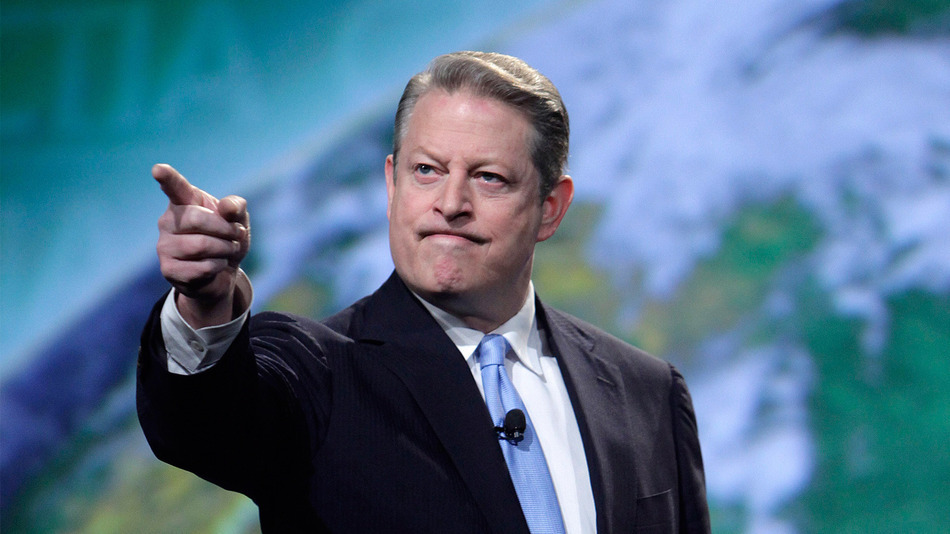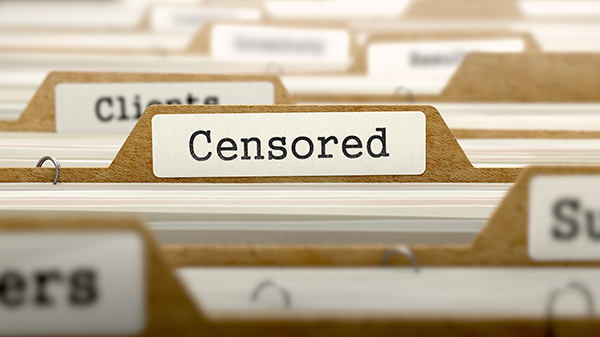Political correctness is ruining the pursuit of knowledge
12/11/2023 / By Ethan Huff

One of the key indicators that a scientific pursuit is legitimate is the unbiased nature of the work. Even if the findings are unpopular or offend some, true science tells it like it.
True science is becoming increasingly rare, though. Political correctness has created a culture of scientific censorship in which truths that upset are suppressed.
In recent years, politically privileged groups (i.e., non-whites and women) have made it increasingly difficult for science and the pursuit of knowledge to continue because there are a lot of ugly truths out there that many do not want to hear.
On the other hand, there is a growing movement that aims to fight back against the stigma surrounding science that offends. Thirty-nine leading academics recently signed on to a paper addressing the problem of scientific censorship.
The lead signatories include University of Pennsylvania behavioral scientist Cory Jane Clark, along with co-authors Gregory Miller, Steven Pinker, Lee Jussim, J. Michael Bailey, David Buss, Glenn Loury, John McWhorter, Wilfred Reilly, Bo M. Winegard and Philip E. Tetlock.
These scientists present various possible explanations for the takeover of science by the censorship brigade. One includes the ever-expanding definitions of “harm” in society, as well as increasing talk and worry about concepts like “equity” and “inclusion,” which have taken over the modern lexicon.
“Censorship research typically explores dark psychological underpinnings such as intolerance, authoritarianism, dogmatism, rigidity and extremism,” the paper explains. “But censorship can be prosocially motivated.”
(Related: Even the banking system has begun discriminating against customers based on their political views.)
Science censors typically think of themselves as the good guys
The way the scientific censors try to justify their actions hinges upon the idea of social justice. If an area of science upsets someone who is “marginalized,” for instance, then it is better to avoid publishing it, is the claim.
Rarely do science censors ever stop to reflect on the fact that perhaps truth is more important than feelings, especially when its publishing advances the pursuit of knowledge and understanding about the world and the way it works.
“Censorious scholars often worry that research may be appropriated by malevolent actors to support harmful policies and attitudes,” the paper explains. “Both scholars and laypersons report that some scholarship is too dangerous to pursue, and much contemporary scientific censorship aims to protect vulnerable groups.”
“In some contemporary Western societies, many people object to information that portrays historically disadvantaged groups unfavorably, and academia is increasingly concerned about historically disadvantaged groups.”
Put differently, science censors do what they do because it makes them feel better. They are usually “privileged” themselves and feel guilty about it, which prompts them to extrapolate that guilt onto greater society.
Even though there is pretty much zero evidence to suggest that, say, blacks or transgenders will be harmed by the publishing of truths about high crime rates and high rates of mental illness, respectively, science censors believe it is in the best interests of society to keep a lid on anything that would “offend” these two demographics.
The new paper’s conclusion that there should be very clear criteria for government research and science only limits the kind that causes actual harm beyond just a few bruised egos.
“It may be reasonable to consider potential harms before disseminating science that poses a clear and present danger, when harms are extreme, tangible and scientifically demonstrable, such as scholarship that increases risks of nuclear war, pandemics, or other existential catastrophes,” the paper states.
“However, the pursuit of knowledge has a strong track record of improving the human condition.”
More related news can be found at PoliticalCorrectness.news.
Sources for this article include:
Submit a correction >>
Tagged Under:
biased, cennsorship, Censored Science, conspiracy, culture wars, insanity, knowledge, left cult, political correctness, research, science censors, science tyranny, social science, Suppressed, thought police, truth, Tyranny
This article may contain statements that reflect the opinion of the author
RECENT NEWS & ARTICLES
COPYRIGHT © 2017 CENSORSHIP NEWS



















